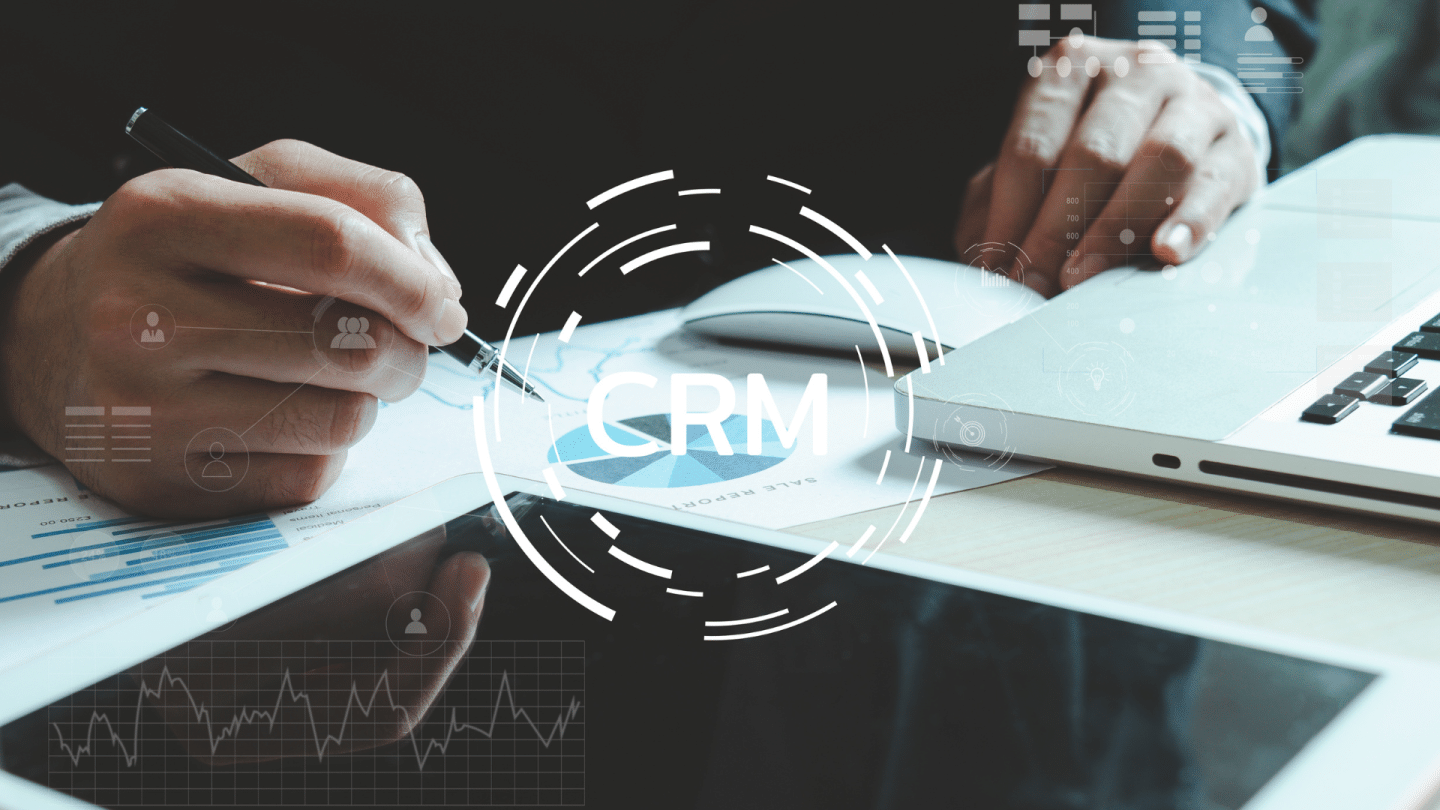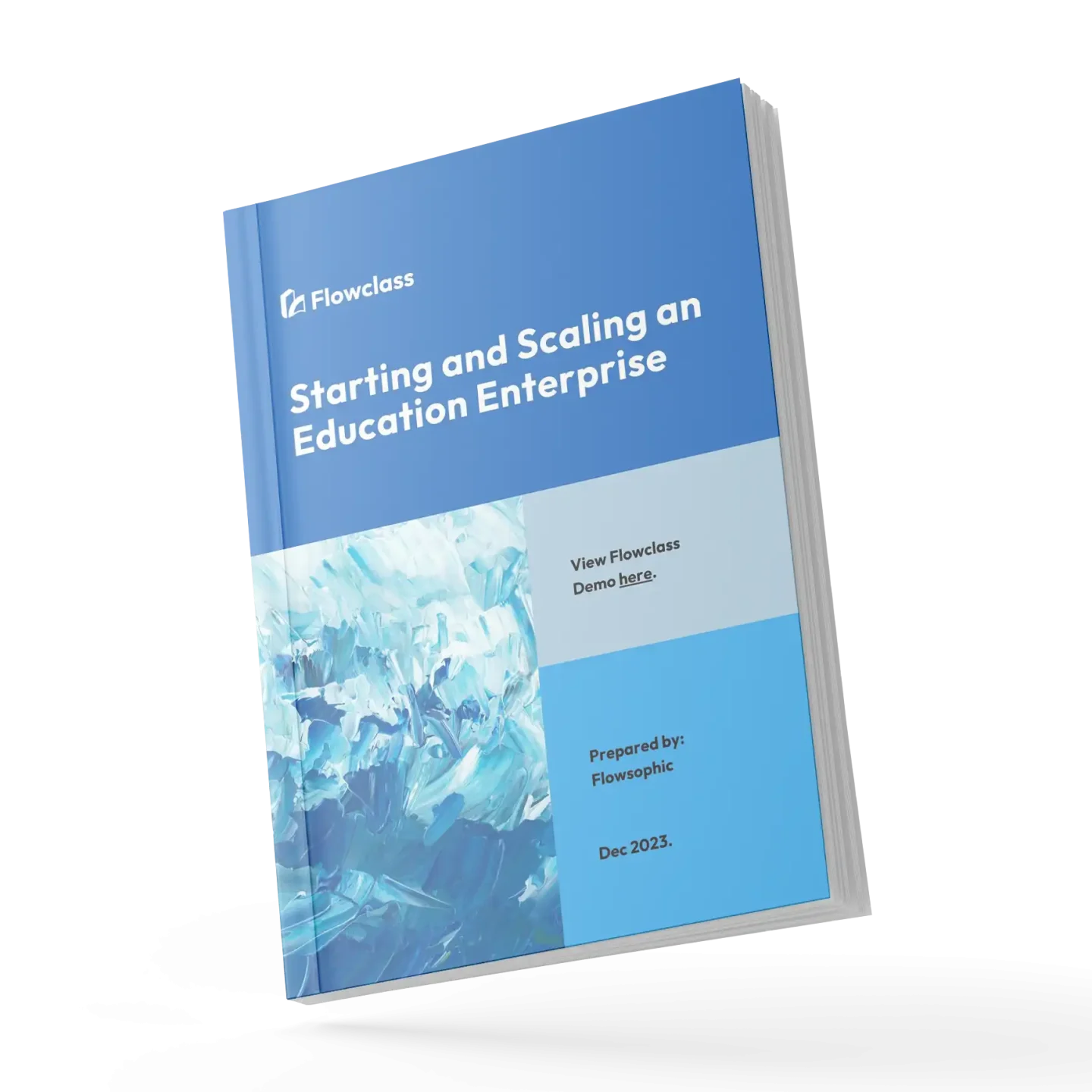The education sector is evolving rapidly, and traditional methods of managing schools are becoming obsolete. With increasing student enrollments, complex administrative processes, and the need for efficient communication, schools require a technological upgrade. A CRM for schools has emerged as a game-changer, automating operations and improving the overall learning experience for students, parents, and faculty alike. Schools that fail to adopt modern solutions risk falling behind in efficiency, student satisfaction, and operational excellence.
In this blog, we will explore why a CRM for schools is essential for the future of school management, its key benefits, and how it enhances efficiency in educational institutions by streamlining communication, improving data management, and optimizing daily operations.
What is a CRM for Schools?
A Customer Relationship Management (CRM) system is typically used in businesses to manage interactions with customers. However, in the education sector, a CRM for schools is designed specifically to streamline administrative tasks, improve communication with students and parents, and enhance overall efficiency in academic institutions.
Many renowned institutions, such as Harvard and Stanford, have implemented CRM systems to better handle student admissions and alumni relations. These systems help streamline applications, track academic performance, and maintain communication with former students. According to a study by Education Technology Insights, over 65% of educational institutions have adopted CRM solutions to improve efficiency and student engagement.

Key Features of a CRM for Schools
A Customer Relationship Management (CRM) system for schools is designed to streamline administrative tasks, enhance communication, and improve overall efficiency. By automating critical processes, schools can reduce manual work, minimize errors, and focus more on student success. Below are the essential features of a CRM that make school management seamless.
1. Automated Admission Process
The admission process is one of the most time-consuming tasks for school administrators. A CRM for schools automates the entire process, ensuring a smooth and hassle-free experience for both administrators and applicants.
Real-World Example: The University of California implemented an automated CRM system, reducing application processing time by 30% and improving applicant engagement.
Key Benefits:
- Application Tracking – Schools can monitor each stage of the admission process, from inquiry to enrollment, ensuring that no potential student is lost due to mismanagement.
- Online Submissions – Prospective students can upload required documents digitally, eliminating the need for physical paperwork.
- Automated Follow-ups – The system sends reminders and follow-up messages to applicants, increasing conversion rates.
- Error Reduction – Automation helps in preventing misplaced documents and incorrect data entry, improving record accuracy.
- Faster Enrollment Cycle – Speeds up processing times, enabling schools to admit students efficiently without unnecessary delays.
A well-integrated admission system ensures that schools can handle a higher volume of applications with ease, reducing the workload on administrative staff while enhancing the student experience.
2. Effective Communication System
Communication plays a crucial role in maintaining a connected and informed school community. A CRM system bridges communication gaps between school administrators, teachers, students, and parents.
Example: The Singapore Ministry of Education uses a multi-channel CRM to notify parents and students about events, academic performance, and fee reminders, reducing communication delays by 40%.
How a CRM Improves Communication:
- Multi-Channel Messaging – Ensures updates are sent via email, SMS, in-app notifications, and even automated voice calls.
- Event & Deadline Alerts – Parents and students receive timely reminders about school events, examination schedules, and submission deadlines.
- Parent Engagement – Schools can send progress reports, newsletters, and meeting invitations to keep parents actively involved in their child’s education.
- Two-Way Communication – Parents and students can respond to messages, ask queries, and provide feedback through the system.
A centralized communication system reduces misunderstandings, ensures timely information delivery, and strengthens relationships between schools and stakeholders.
3. Fee Management and Payment Reminders
Managing school fees is a significant challenge, and late payments can affect a school’s financial stability. A CRM for schools offers a secure and automated fee collection system to simplify this process.
Example: Flowclass’ automated payment reminder feature has helped schools reduce late payments by 50% by integrating SMS, email, and in-app notifications. Source
Features & Benefits of CRM-Based Fee Management:
By implementing a CRM-based fee management system, schools can improve cash flow, ensure timely payments, and enhance transparency for both parents and school administrators.

4. Student Performance Tracking
A CRM for schools helps track student progress, allowing educators to monitor academic performance and provide personalized learning experiences.
Statistic: Schools using performance tracking CRMs report a 20% increase in student engagement due to personalized feedback.
How CRM Enhances Student Performance:
- Automated Report Generation – Generates detailed student performance reports, including grades, attendance, and behavioral insights.
- Strength & Weakness Analysis – Identifies academic strengths and areas needing improvement, helping teachers provide targeted support.
- Personalized Learning Paths – Enables schools to tailor coursework and learning plans based on individual student progress.
- Parent Access to Reports – Parents can log in to view real-time academic updates, ensuring they stay informed about their child’s progress.
With real-time performance tracking, teachers can proactively address learning gaps, ensuring students receive the support they need to excel academically.
5. Event and Attendance Management
Schools organize numerous events, exams, and extracurricular activities, making proper scheduling and attendance tracking essential. A CRM simplifies event planning and student participation management.
How CRM Streamlines Events & Attendance:
- Automated Event Scheduling – Schools can plan and manage academic and extracurricular activities seamlessly.
- Event Notifications – Sends automated reminders to students, parents, and staff to ensure high participation rates.
- Attendance Tracking – Uses digital check-ins via QR codes, biometrics, or RFID systems to simplify attendance monitoring.
- Detailed Attendance Reports – Generates reports for student attendance trends, helping administrators take necessary actions.
With automated event and attendance management, schools can improve participation rates and maintain accurate attendance records effortlessly.

Why a CRM for Schools is Essential
A school CRM is more than just a tool—it’s a comprehensive system that transforms school management by automating tasks, enhancing communication, and improving student outcomes.
By adopting a CRM for schools, institutions can enhance operational efficiency, improve student engagement, and create a seamless experience for all stakeholders.
Benefits of Implementing a CRM for Schools
1. Improved Administrative Efficiency
A CRM for schools reduces administrative burdens by automating repetitive tasks, such as admissions, student record-keeping, and fee collection. This allows school staff to focus on more strategic activities that enhance the learning experience. By eliminating manual data entry and paperwork, schools can significantly cut down on administrative errors and improve operational accuracy.
2. Enhanced Student and Parent Engagement
With automated communication channels, parents and students stay updated about important announcements, school policies, academic performance, and extracurricular activities. A CRM for schools ensures a transparent and responsive education system where parents can track their child’s progress effortlessly. Increased engagement between teachers, students, and parents leads to better academic outcomes and a more collaborative learning environment.
3. Data Centralization for Better Decision-Making
A CRM for schools acts as a centralized database that stores all student-related information in one place. This eliminates data silos and ensures that administrators have easy access to critical data. By analyzing key metrics, school leaders can make informed decisions regarding academic planning, resource allocation, faculty performance, and student support services.
4. Streamlined Admission and Enrollment Process
Schools no longer have to deal with piles of paperwork. A CRM for schools automates the admission process, making it easier for prospective students to apply online and track their application status in real time. The system also helps schools manage waiting lists, schedule interviews, and send acceptance notifications automatically, ensuring a hassle-free admission process.
5. Efficient Fee Collection and Financial Management
A CRM for schools simplifies financial transactions by integrating with online payment gateways. Automated invoicing and payment reminders help reduce overdue payments and enhance cash flow management. The system also generates financial reports that provide insights into revenue trends, enabling better financial planning for the institution.
How a CRM for Schools is Shaping the Future of Education
Digital Transformation in Education
Technology adoption is accelerating in education, and a CRM for schools plays a significant role in this transformation. Schools are leveraging digital tools to enhance teaching methods, streamline operations, and improve student experiences. By integrating CRM with other educational technologies, institutions can create a more efficient and innovative learning environment.
Personalization and Student-Centric Learning
By tracking student performance and engagement, a CRM for schools enables personalized learning experiences. Schools can tailor educational content, provide targeted academic support, and design customized learning plans that align with each student’s abilities and goals. This individualized approach fosters better learning outcomes and student satisfaction.
Better Compliance and Data Security
With data privacy regulations becoming stricter, a CRM for schools ensures compliance by securing sensitive student and institutional data. It helps schools adhere to data protection laws while maintaining transparency and security. Schools can implement role-based access controls to ensure that only authorized personnel can access confidential data.
Seamless Integration with Other EdTech Solutions
A CRM for schools integrates with learning management systems (LMS), virtual classrooms, and other EdTech solutions, creating a connected and efficient digital ecosystem for schools. This integration enhances the overall learning experience by providing seamless access to online courses, assignments, and student progress tracking.
The Role of Flowclass in CRM for Schools
Flowclass is a leading solution for automating education business workflows, providing schools with a powerful CRM for schools that streamlines operations, enhances communication, and improves student management. With Flowclass, schools can:
- Automate multi-channel payment reminders to ensure timely fee collection.
- Manage student records efficiently with a centralized student CRM.
- Enable seamless event check-in with QR code registration.
- Enhance communication with automated notifications and follow-ups.
- Improve financial tracking with one-click receipt processing.
Flowclass simplifies school management by integrating all essential administrative functions into a single, user-friendly platform. Schools looking to future-proof their operations can leverage Flowclass to improve efficiency, enhance engagement, and optimize workflows.
Choosing the Right CRM for Schools
When selecting a CRM for schools, consider the following factors:
- User-Friendly Interface: Easy navigation and usability for teachers, administrators, and parents.
- Customization Options: Ability to tailor features according to specific school requirements.
- Scalability: Suitable for growing institutions with increasing student enrollments.
- Integration Capabilities: Compatibility with existing software like LMS, accounting tools, and communication platforms.
- Security Measures: Strong data protection and privacy compliance features.
Conclusion
The future of school management lies in automation and digitalization. A CRM for schools is no longer a luxury but a necessity for educational institutions aiming to enhance operational efficiency, improve communication, and provide a better learning experience. Schools that adopt a CRM will be better positioned to handle future challenges and ensure long-term success.
With the right CRM for schools, institutions can create a well-organized, student-friendly, and technologically advanced environment that fosters growth, engagement, and innovation.


